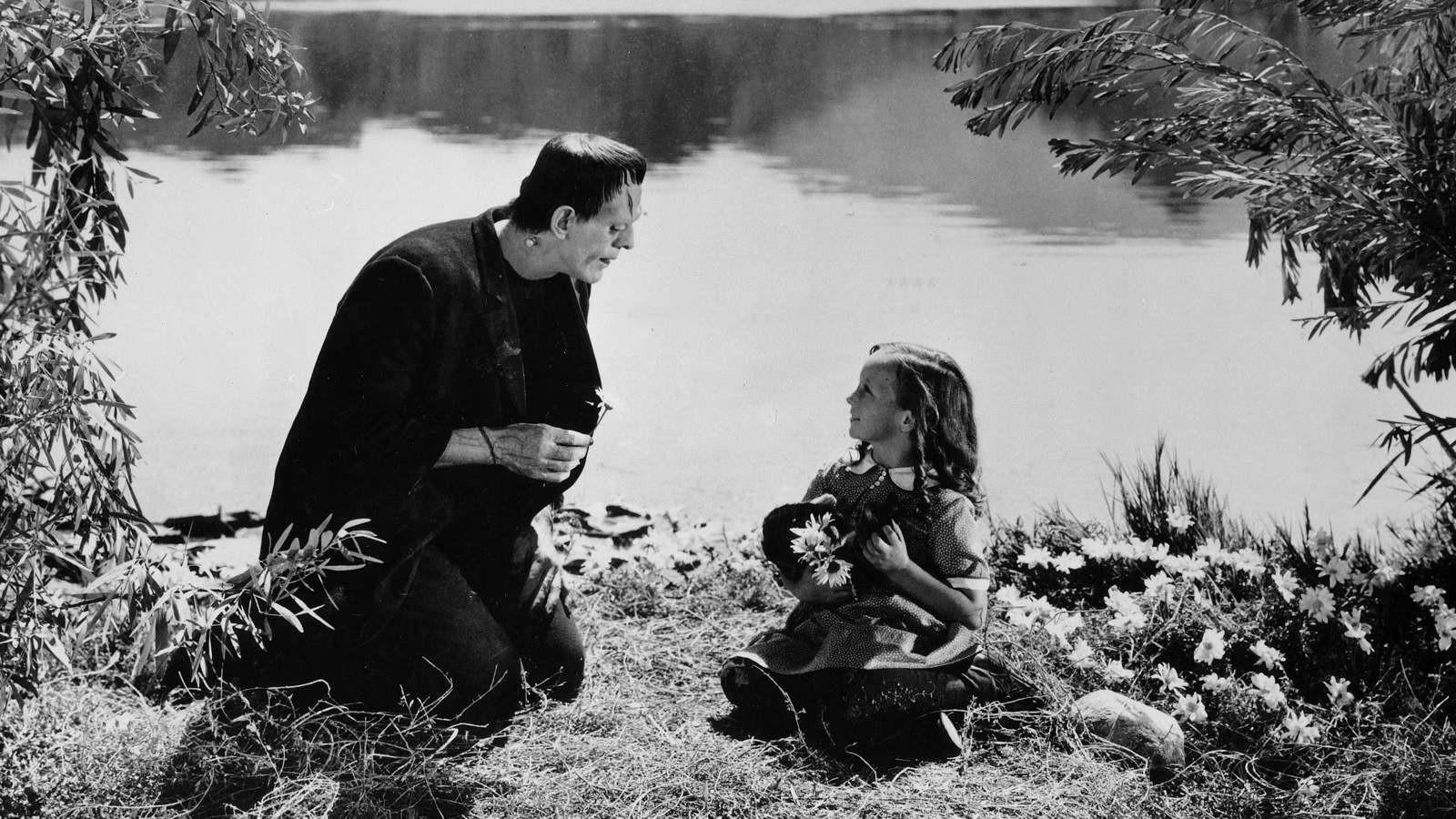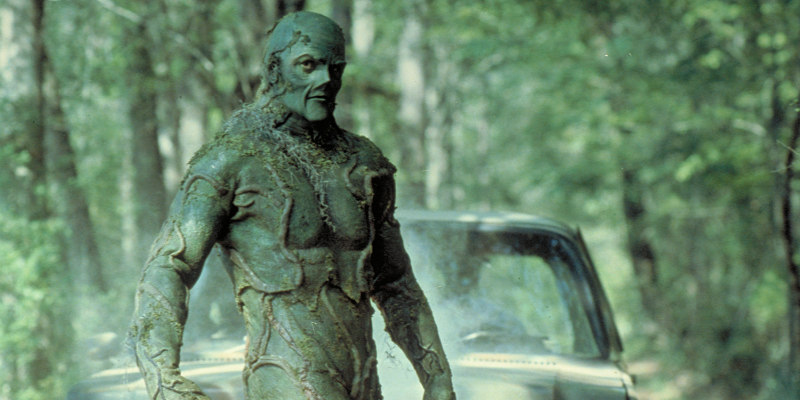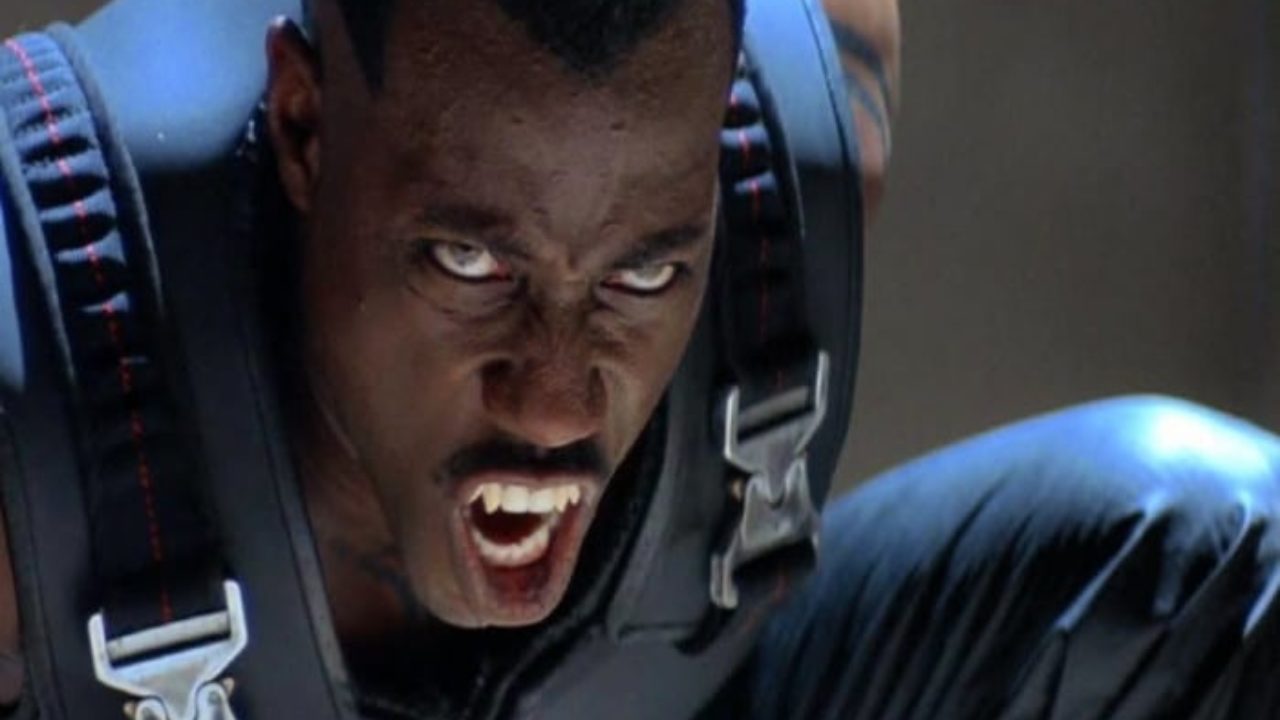
A Misunderstanding (Frankenstein, 1931)

Truly Chiseled (Fantastic Four, 2005)

“Hey! You think you got problems? You take a good look pal.” Ben Grimm, The Thing, says this to a man who is about to take a swan dive off the Brooklyn Bridge. The film, and the entire concept of the Fantastic Four, aren’t inherently scary, but what Ben goes through is. On that particular note, it is body horror at its finest. He becomes this monster made of orange rock. He goes from five fingers to four. His body weight nearly triples, and as all this happens, he sees his friends, who were exposed to the same cosmic rays he was, get fantastic abilities without becoming monsters. Ben is the ‘muscle’ of Marvel’s first family, but he hates himself and sees only the monster when he looks in the mirror. He has, on many occasions, been given a way out. A way to be the original Ben Grimm, yet he chooses to remain The “Ever Loving Blue Eyed” Thing. Not because it’s easy, but because he believes it’s what’s best. He may be a monster, but when the chips are down and innocent lives are at stake, “It’s clobberin’ time.”
Demonic Superhero (Hellboy, 2004)

Anung un Rama is the Bureau for Paranormal Research and Defense (BPRD)’s chief monster hunter. The son of a witch and a duke of Hell are summoned to Earth in 1944 to bring about the apocalypse. That plan is stopped, but the demon child remains. Hellboy knows what he is but doesn’t care. He knows his destiny is to bring about Armageddon. He has the power to bring the world to a screeching halt. What does he do? He decides he doesn’t want to destroy the world—he wants to save it. “In the absence of light, darkness prevails,” is the slogan of the BPRD. Hellboy may have been born in that darkness, but he was raised in the light and uses the power granted to him from said darkness to spread light and save the world because his ‘destiny’ means less to him than his free will.
Super Foliage (Swamp Thing, 1982)

The Swamp Thing is probably the least well-known of these four, but that doesn’t change his impact. “Everything’s a dream when you’re alone.” Dr. Alec Holland is a man in search of a way to end hunger by creating plant life that can survive anywhere. Does this sound like the motivation of a monster? Not in a world where famine is rampant. And how is his altruism repaid? By an attack that leaves him a monstrous mutation—not entirely a plant but also no longer a man. This mutation would be enough to turn most people to a life of solitude at the least, but Alec chooses a different path. He understands the evils of man, both as a witness and victim, and knows that inaction isn’t an option.Dr. Holland discovers that the world needs him to be more than just a scientist. He becomes a defender of the environment. He is an ally to the world and all its life, not a vengeful being with a score to settle.
Vampire Vanquisher (Blade, 1998)

“Humans don’t drink blood.” Eric Brooks, Blade, says this to Dr. Karen Jenson when she tells him he looks human. Another hero, like Hellboy, that wasn’t the result of an accident like The Thing or Swamp Thing, but born into the world, different. Inhuman, if you ask him. He is the collateral damage of a vampire attack on his pregnant mother. He is a human-vampire, The Daywalker. Self-exiled from humanity due to his bloodlust, while also being self-exiled from the vampire nation because of his hatred for the creatures. Other than the thirst, he has all of a vampire’s strength, with none of their weaknesses. Blade has an advantage over humans and vampires, and he could use that advantage to rule the vampires and enslave a large portion of humanity, but he doesn’t. He uses his ‘curse’ against the ones responsible. Even though his motives are mostly selfish, he protects the innocent from beings most of humanity believes are nothing more than myths.
Heroes can come from the strangest of places. Cosmic rays, a chemical fire extinguished by swamp water, a vampire bite, or even the depths of Hell itself. These people may have been cursed with their abilities or born into them, but their curses mean far less than their will to act—to stand between the defenseless masses and the evil few.



